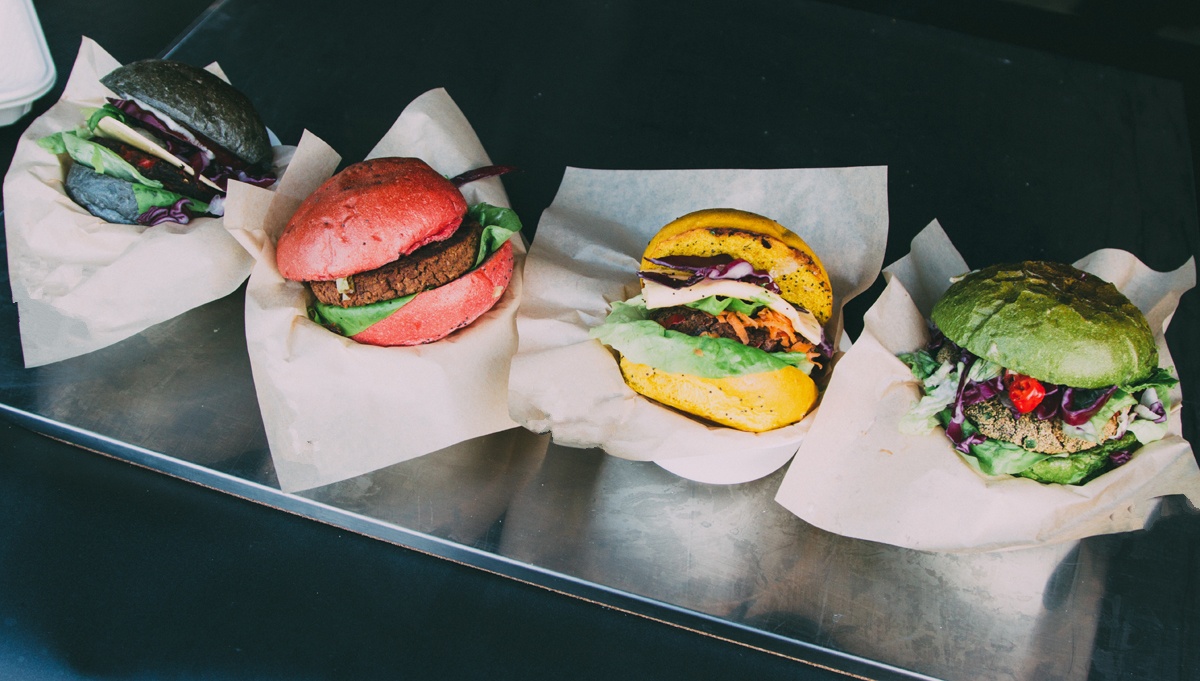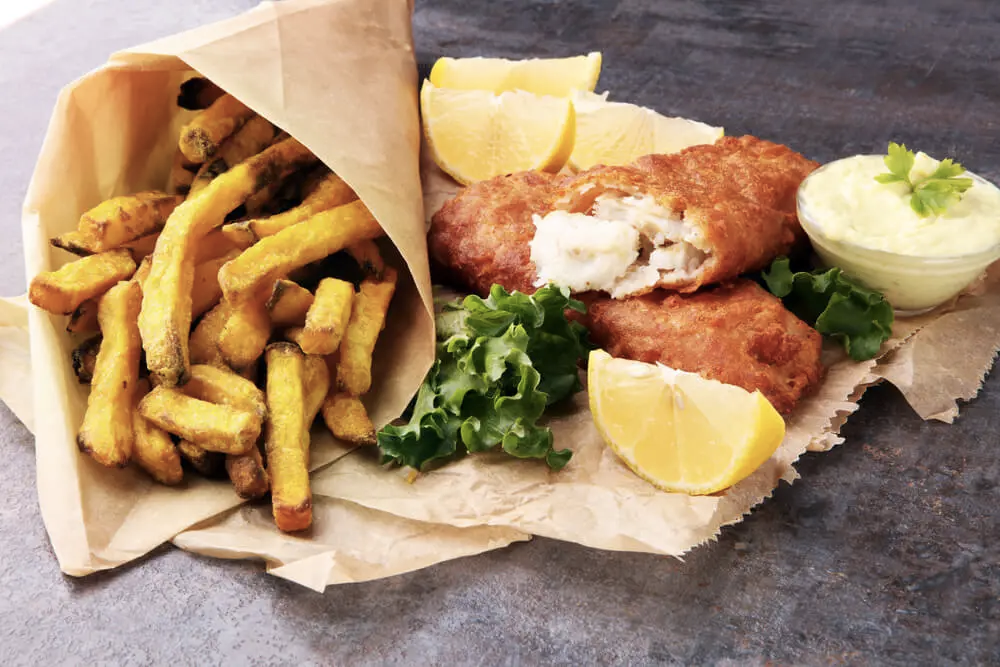When you pick an idea for launching the long-term business, it is important to make sure you go with something that will remain in high demand for years. The competition in the food industry is serious but the opportunities are very diverse and people will always need food.
That’s why starting a mobile food business in Nigeria is a good idea, and we are going to help you with the basics.
Buy equipment for mobile food business at reasonable prices on Jiji

Read more: 10 Qualities Of A Successful Entrepreneur
Mobile food business ideas
Selling French fries, hot dogs, kebab, and other street foods that have already become an international legacy will be a win-win idea. Nevertheless, local specialties and finger foods will also find a huge audience. Choosing what dishes you will cook and offer is only half of the idea.
The other equally important part is the format of your services. A food truck is probably the first thing that comes to mind but again, it is only one option to consider. What are the rest? Here are the most common ones.
Food truck
Let’s start with the most familiar format. The main advantage is an opportunity to use more sophisticated equipment and high mobility. On the other hand, you will need to find a place to park it safely off-duty and a spot for parking during work – a place where it is allowed.
Food kiosk
Forget about mobility, but discover numerous locations for your business and more flexibility. You can adjust the schedule to the busy hours in the neighbourhood and open a food kiosk outdoors, in a mall, in an office building, in a stadium, etc.
Food cart
Although it is often considered a starting point, it is a multibillion-dollar industry. Starting with a food cart doesn’t require many resources, though it doesn’t offer flexibility either. You need to prepare foods in advance but there’s less hustle with maintenance and licensing.
Mobile catering
This is an option for those who would like to serve specific events. You might need sophisticated equipment, a bigger team with both cooks and waiters, and a versatile menu with options for different occasions and preferences. The investments are higher, but so is the income.
Bustaurants
The last on our list today, a bustaurant is quite a rare thing in Africa so you might be one of those few people who decided to introduce a new format. As you might have guessed by now, this is a restaurant in a bus, a compromise between a food truck and a cafe.

Read more: 11 Easy Ways To Stop Procrastinating
Step-by-step plan
This is only an approximate list of what you’ll have to do to start a successful business. The sequence can be a bit different, depending on your circumstances. There may be also some other things to figure out during the process.
Step 1. Research
Study the needs and preferences of potential customers. Find out who is already running a mobile food business in the city or neighbourhood. Decide whether you want to occupy the same niche or not.
Step 2. Choose the concept
Decide what kind of foods you are going to serve and how you’ll position your newly created food brand. Here are some ideas to consider.
- hot dogs;
- pizza;
- fries;
- sandwiches;
- seafood;
- fruits and juices;
- healthy snacks;
- smoothies and freshes;
- fusion dishes;
- regional dishes;
- family recipes…
Step 3. Create the menu
If you decide to go with French fries, make sure you’ve got a good selection of recipes. If you decide to sell hot dogs, offer options with different ingredients or at least sausages. The wider selection you’ll provide, the more people you’ll attract.
Step 4. Work on the name and design
No new revelations here – the name should be original, easy to remember, and somehow related to your occupation. A good name will guarantee that it will stay in people’s minds, and some might come to taste something just because of a creative name.
Step 5. Write the business plan
You should understand how to start and develop your mobile food business, set short-term and long-term goals, to consider the channels of communications, investments required for the start, whether you need to hire personnel, etc. The business plan is also a must, especially if you are considering a loan.

Step 6. Get the required licenses
To start with, you need to be registered as a self-employed individual. Then, find out what documents are required for starting the legal food business and what examinations you need to pass. Also, get insurance and pay your taxes regularly in the future.
Step 7. Buy equipment
A list of equipment you need for the start depends on a chosen format and niche. You might need a food truck and probably commercial cooking equipment. Think well, make a list, and start assembling the parts that will make it all work.
Step 8. Gather the team
You may do everything on your own at first but you’ll need assistance if you decide to develop the business. If we are speaking about food trucks and catering, there should be at least several people who prepare food and serve it.
Step 9. Go on media
Create accounts on Facebook and Twitter, even if you run a tiny food cart. You can create original content to cause interest, and young people will come to find your place – that one place with an awesome page on Instagram. Even if you don’t have enough time for SMM, a page will still work for recognition.

Read more: 12 Side Jobs You Can Do For Extra Cash
Step 10. Expand
After everything goes great with the first location, think about the next one. It shouldn’t necessarily be an identical place – you may get new ideas by this time. Contact local event managers to discuss a spot at a conference, concert, festival, etc. Look for partnership opportunities. Enjoy your work!
Start your mobile food business with Jiji app










